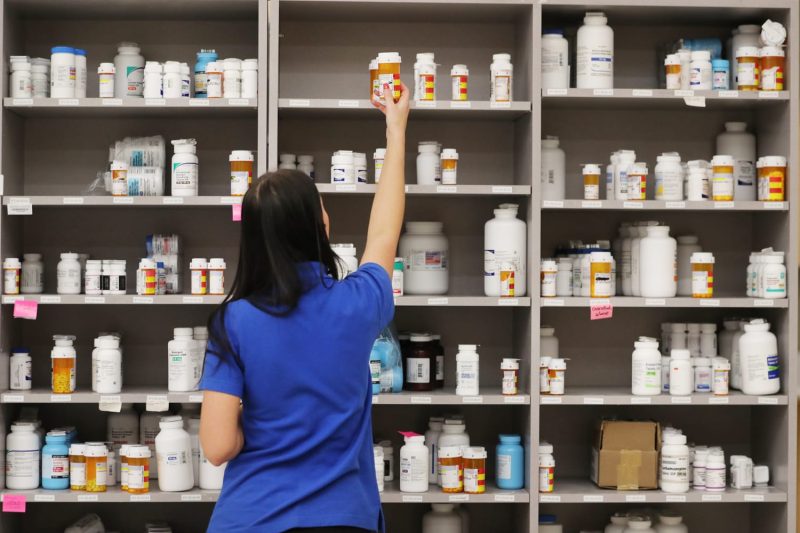The Biden Administration’s recent move to lower costs for 64 drugs through inflation penalties on drugmakers marks a significant step in the ongoing effort to make healthcare more affordable for Americans. By leveraging inflation penalties, the administration aims to hold pharmaceutical companies accountable for unjustified price increases and create a more sustainable pricing model for essential medications.
The initiative targets a specific list of 64 drugs that have been identified as having witnessed significant price hikes without valid justifications. This list includes medications that treat a range of conditions, from diabetes to cancer, highlighting the broad impact of the pricing strategy on patients with various healthcare needs. By focusing on these specific drugs, the administration can address some of the most egregious instances of price gouging in the pharmaceutical industry.
Inflation penalties serve as a powerful tool to deter drugmakers from imposing arbitrary price increases on essential medications. By tying these penalties to inflation rates, the administration can ensure that drug prices remain in line with economic realities and prevent companies from exploiting market dynamics to maximize profits at the expense of patients. This approach not only promotes transparency in pricing but also fosters a more competitive and fair pharmaceutical market.
Moreover, the implementation of inflation penalties reflects a proactive effort to address the root causes of rising healthcare costs in the United States. By targeting specific drugs that have experienced unjustified price hikes, the administration is demonstrating its commitment to protecting consumers from financial burdens associated with essential medications. This initiative aligns with broader efforts to reform the healthcare system and make it more accessible and affordable for all Americans.
Critics of the inflation penalties argue that they could potentially stifle innovation in the pharmaceutical industry by limiting the profits that companies can generate from their products. However, proponents counter that the measure is essential to prevent price gouging and ensure that patients have access to lifesaving medications without facing exorbitant costs. Balancing the need for innovation with the imperative of affordability remains a key challenge for policymakers moving forward.
In conclusion, the Biden Administration’s decision to lower costs for 64 drugs through inflation penalties on drugmakers represents a significant milestone in the ongoing quest for affordable healthcare in the United States. By targeting specific medications with unjustified price increases, the administration is sending a clear message to pharmaceutical companies that price gouging will not be tolerated. This initiative underscores the importance of creating a more equitable and sustainable pricing model for essential medications, ultimately benefiting patients and improving access to critical healthcare services.

